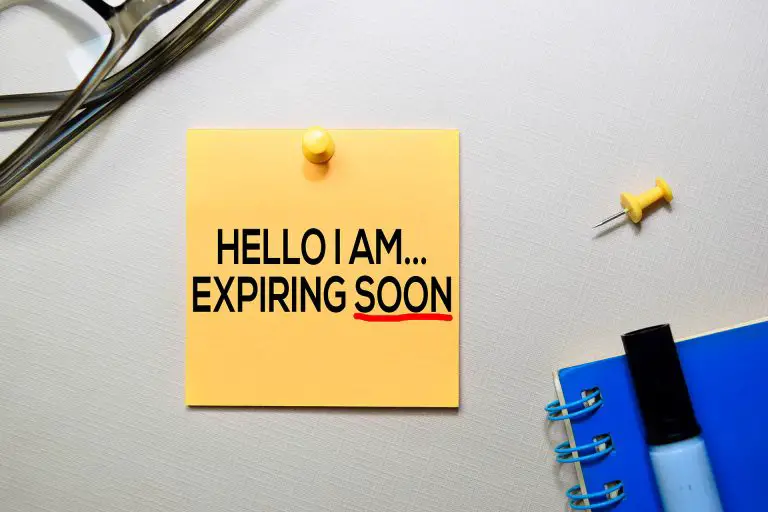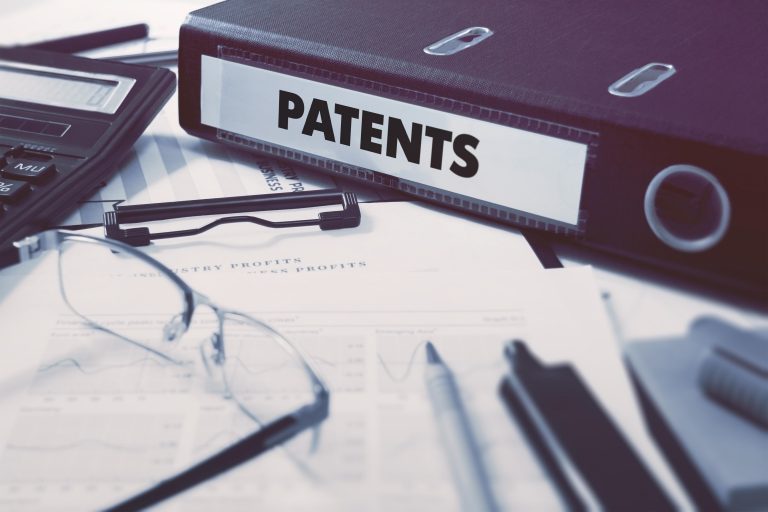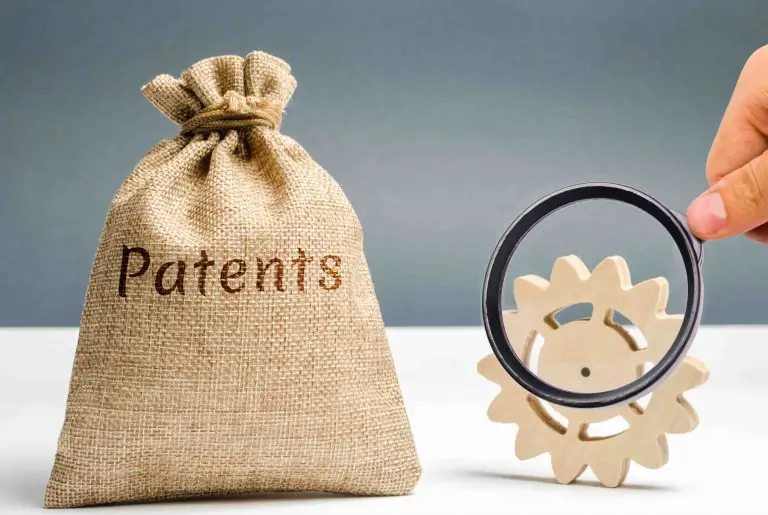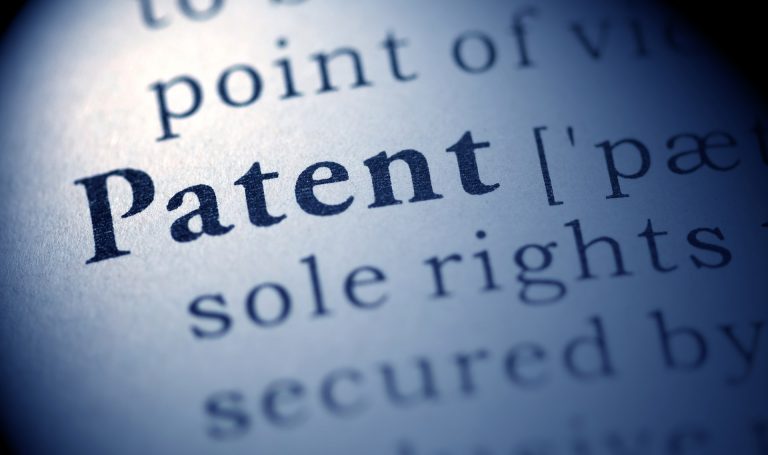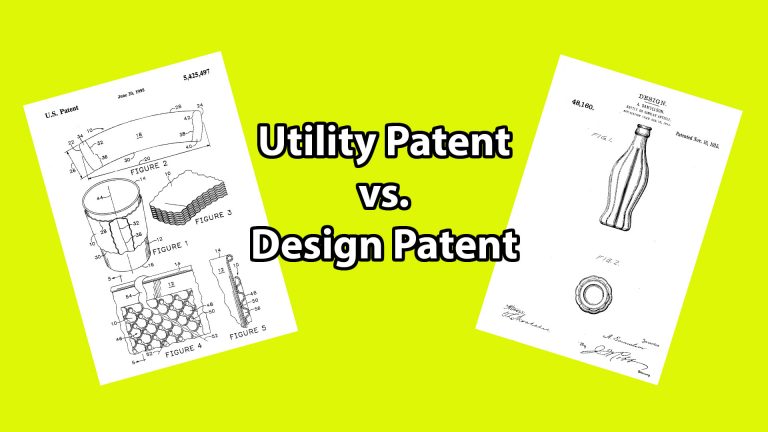What Does Patent Grant Mean?
Whether you’re checking on the status of your own patent application or you’re checking the status of someone else’s patent, you might be wondering what does a patent grant mean? Read below to find out what a patent grant is.
What Does Patent Grant Mean?
According to the USPTO, a patent grant is the award of a property right by the USPTO to an inventor over an invention, process, machine, or design for a limited period of time. A grant of patent rights lasts for 20 years for utility patents and 15 years for design patents. Patent grants are made to applicants who have successfully prosecuted their patent applications.
A grant of patent rights only protects and inventor in the United States. A grant of patent rights allows an inventor to stop others from using, making, selling, offering to sell, and importing the patented invention to the United States without the patent holder’s express permission for a limited period of time.
A utility patent grant allows inventors to stop others from using their invention, process, machine, or composition of matter without the patent holder’s express permission for 20 years. The 20-year patent term begins at the time of filing a patent application with the patent office.
A design patent grant allows inventors to stop others from using design without the patent holder’s express permission for 15 years. The 15-year patent term begins at the time the patent office grants a design patent application.
What Does Patent Status Grant Mean?
A patent grant status means that the USPTO has granted an inventors patent application and that the patent holder has been granted the right to restrict others from using, making, selling, and importing his invention to the United States without his express permission.
If you see a patent that is in its grant state, do not copy the invention, use it, or sell it unless you have the patent holder’s permission. If you do use or sell the inventor’s invention, the patent holder has the right to sue you for patent infringement in the United States.
What does patent issued mean?
Patent issued means the same as patent granted. Both terms are used to refer to a patent application that the patent examiner has approved after an applicant has successfully prosecuted his patent application. Both utility patents and design patents that are issued are granted.
Why does the patent office grant patents?
The patent office grants inventors patents over their inventions to encourage them to innovate because by inventors knowing that they control who uses and sells their invention they will be encouraged to invest their own time and money in creating new products and improve upon existing technology.
A patent grant gives an inventor a property right in his invention, allowing him to ask others to stop using, making, and selling his invention for a limited period of time.
That said, it is not the patent office’s responsibility to stop others from using the patent holder’s invention. If the patent holder suspects that someone is using or selling his invention without his permission, it is the patent holder’s responsibility to find the bad actor and ask them to stop using his invention.
If the bad actor does list to the patent holder, the patent holder has the right to bring a lawsuit against the bad actor in Federal District Court for patent infringement.
If the patent holder is successful in his lawsuit, he may be awarded an injunction asking the bad actor to stop his infringing use. The patent holder may also be awarded monetary damages for any losses he sustained as the result of the bad actor’s patent infringement.
What invention qualifies for a patent grant?
For an invention to qualify for an invention grant, the invention must (1) have patentable subject matter, (2) the invention must be new, (3) the invention must be non-obvious, and (4) the invention must be useful.
Patentable Subject Matter
The invention must have patentable subject matter means that the invention must be the sort for which patent law provides protection. The patent law offers protection for:
- Invention
- Process
- Machine
- Article of manufacture
- Composition of matter
- Software
Novel
The novelty requirement requires an invention to be new, something that has never been patented before and something that has not been publicly disclosed.
Nonobvious
To obtain a patent grant, an inventor must have an invention that is non-obvious, meaning that an ordinary person who is skilled in the field of the invention, would not have found the invention to be obvious at the time of filing the patent application.
Useful
The usefulness requirement is an easy requirement to satisfy and very rarely are invention denied patent protection on the grounds that they are not useful. You have to show that your invention provides some identifiable benefit to the public.
Types of Patent Grants
The USPTO offer three different types of patent grants:
- Utility Patent: A patent grant that is awarded to the inventor of a new process, machines, article of manufacture, or composition of matter.
- Design Patent: A patent grant that is awarded to the inventor of a new, original, and unique design for an article of manufacture.
- Plant Patent: A patent grant that is awarded to the inventor of a new species of asexually reproduced plant.
Patent Pending Does Not Equal Patent Grant
Patent-pending is given to any inventor who files a patent application with the USPTO. Having a patent-pending is not the same as a patent grant. A patent grant is given if, after the patent office examines a patent application, it determines that the invention meets the requirements for patentability.
Inventors have a patent-pending as soon as they file a provisional utility patent application, a nonprovisional (regular) patent application, or after filing a design patent application.
We often get a lot of questions about pending patents and so we want to clarify that a patent-pending invention is not a patent grant.
Since pending patent applications are not granted patents, an inventor does not have the right to restrict others from using, making, selling, and importing his invention to the United States until the patent office grants his patent application.
Once the patent office grants or awards an inventor a patent, the inventor can only then begin exercising his property rights in his invention.
Provisional Patent Pending
If an inventor files a provisional patent application, he will not be granted a patent unless he files a nonprovisional patent application within 12 months of filing his provisional patent application. If the patent approves a nonprovisional patent application, only then will an inventor be granted a patent and all the rights that come with holding a patent.
How to Check the Status of a Patent?
If you want to check the status of a patent or patent application, you can do so by heading over to the USPTO PAIR Site, which allows you to check the status of any patent application filed in the U.S.
If you find that the status of a patent application is pending, then the patent is not granted, so the applicant still does not have IP rights.
But, if the status of the patent application you’re checking is granted, then the patent office has granted the patent application and the patent holder has the right to restrict others from using, making, and selling his invention in the United States.
Frequently Asked Questions at Patent Rebel
1. Is it worth it to patent your invention?
Absolutely, yes. Patent Rebel’s take is that if you have an invention that you know you can profit from, you should prepare and file a patent application with the patent office. However, to be able to patent your invention, you need to make sure that no one else has already patented the same invention. If you have a valuable invention, you should contact an experienced patent attorney and have them explain your options for protecting your intellectual property.
2. Can you sue someone without a granted patent?
If the patent office has not yet granted or issued your patent, you cannot sue anyone for patent infringement because you don’t have any intellectual property rights in your invention until the patent office issues your patent application. Once the patent office grants or issues your patent, you will be able to sue others who use or sell your invention or product without your express permission.
3. Why are patents and important?
Patents are important because, without them, anyone will be able to copy and replicate peoples’ inventions without their permission and without any consequences. If this happens, inventors would not be encouraged to spend their money and time developing new products.
4. What is a provisional patent application?
A provisional patent application is a patent application that is filed with the patent office. Provisional applications are usually filed by inventors to reserve an early filing date for their invention. They are less expensive and can be quickly prepared and filed with the patent office. The downside of provisional patent applications is that they never turn into a granted or issued patent. To obtain a patent, an inventor must file a nonprovisional patent application within 12 months of filing a provisional patent application.



